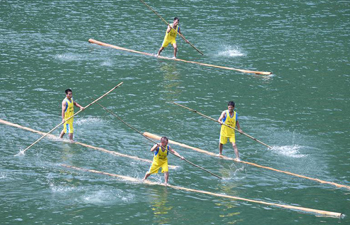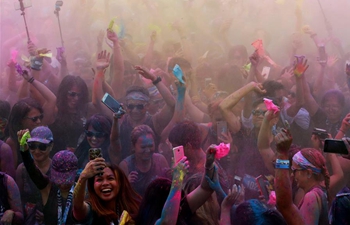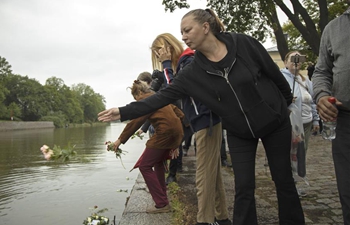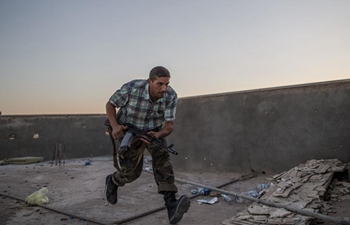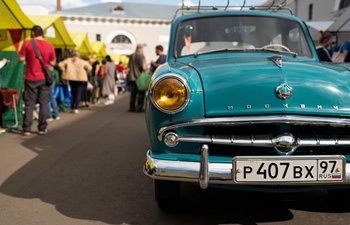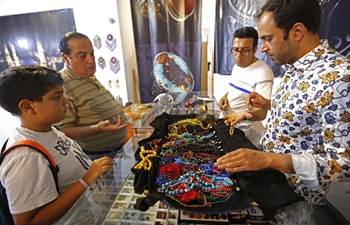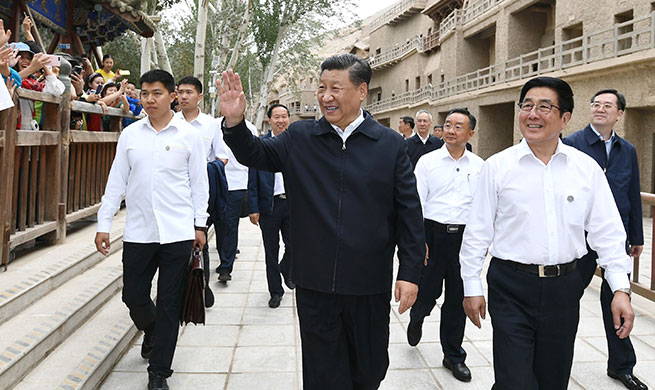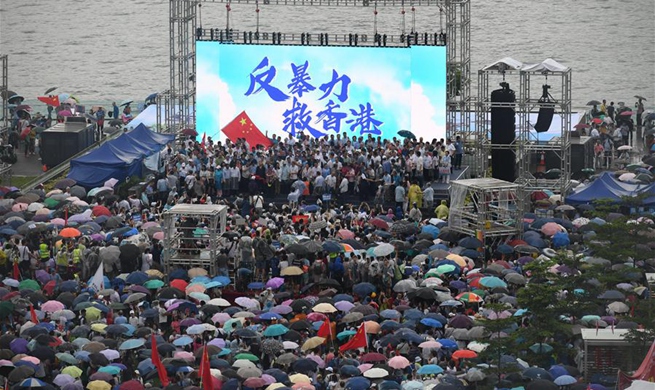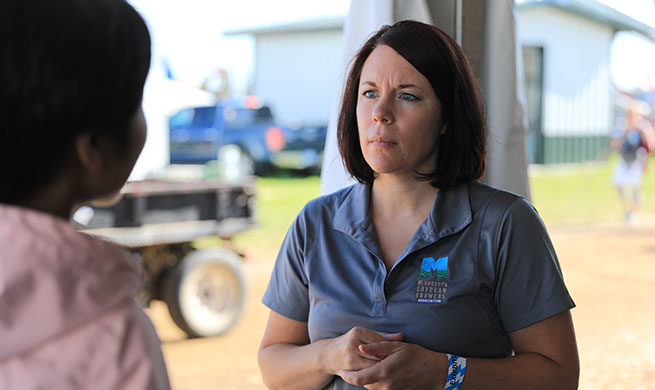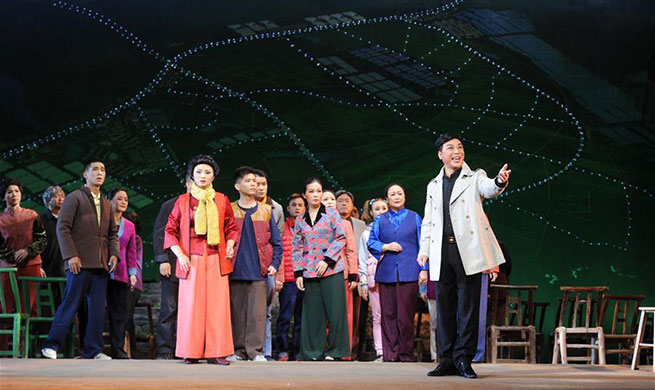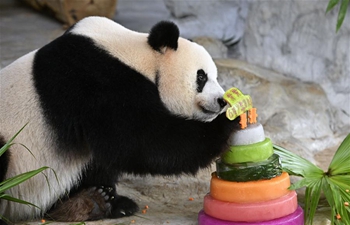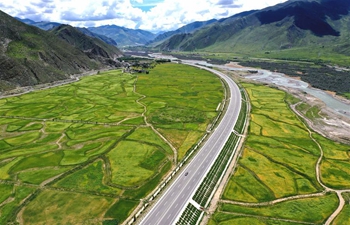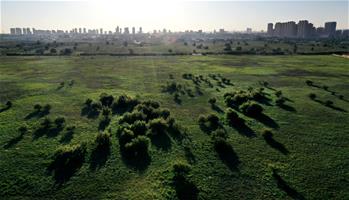UNITED NATIONS, Aug. 19 (Xinhua) -- The United Nations on Monday highlighted women's role in humanitarian action as the world body marked the 10th World Humanitarian Day.
The work of women humanitarians makes a "huge difference" to the lives of millions of people in urgent need, UN Secretary-General Antonio Guterres said in his message for the world day.
He said that from supporting civilians caught up in crisis to addressing disease outbreaks, women humanitarians are on the front lines. "Their presence makes aid operations more effective by increasing their reach."
He added women's participation also improves the humanitarian response to gender-based violence, which increases during emergencies.
The UN chief called upon world leaders and all parties to conflict to ensure that humanitarians are protected from harm as required under international law.
Aug. 19 was designated as the World Humanitarian Day by the UN General Assembly in 2008 to mark the bombing that targeted the UN Assistance Mission in Iraq on Aug. 19, 2003.
The blast at the Canal Hotel in Baghdad killed 22 UN staffers, including the world body's top envoy in Iraq, Sergio Vieira de Mello.
Also on Monday, the United Nations held a wreath-laying ceremony to commemorate the fallen staffers in the 2003 attack.
The ceremony took place at the Memorial Wall inside the UN General Assembly Visitors Lobby, where a flag retrieved from the bombing site is framed and hung.
In her remarks at the ceremony, UN Deputy Secretary-General Amina Mohammed said women humanitarians' presence "makes our efforts more effective, from addressing health epidemics to providing support to victims of gender-based violence."
Across the globe, 250,000 aid workers are women, a figure that amounts to more than 40 percent of the humanitarian workforce, according to UN figures.
At a Monday press briefing on the world day, Ursula Mueller, UN assistant secretary-general for humanitarian affairs, pointed to women's contribution in many aspects of the humanitarian action.
"From negotiating access to people in need to fighting deadly diseases such as measles and Ebola, from reuniting separated children with their families to ensuring people uprooted by natural disasters and conflict have shelter access to clean water, healthcare, food and nutrition...," she elaborated.
In particular, she stressed women humanitarians are better able to access women and girls, who might otherwise be out of reach, to bring them the services, vital information and support which they need.
Also, she said women strengthen humanitarian response by bringing different perspectives, insights and experiences.
"An effective humanitarian response is an inclusive one, and women must play a central role in humanitarian decision making, program design and implementation," she urged.
In the meantime, Mueller cited shocking numbers of casualties among humanitarian workers since the 2003 bombing in Baghdad.
Since the attack, more than 4,500 aid workers have been killed, injured, detained, assaulted or kidnapped while carrying out their work, according to the UN official.
The year of 2018 was the worst in five years for violence against aid workers and the second worst on the record overall, with at least 405 victims, she said, adding among them, 131 were killed, 144 wounded and 130 kidnapped.
So far in 2019, she continued, some 156 aid workers have been attacked on the job, with 57 killed, 59 wounded and 40 kidnapped.
Mueller attributed the spike of the aid worker casualties to the weakening of respect for laws of war around the world, which makes aid workers "increasingly vulnerable when they are more needed than ever before."
"But even among these risks, over half a million professional humanitarian workers work every day to protect save and improve the lives of tens of millions of vulnerable people," she noted.
As part of this year's World Humanitarian Day commemorations, the United Nations and its partners are launching the global campaign, with the online hashtag WomenHumanitarians, to pay tribute to and raise support for the humanitarian work women do.
The campaign tells the stories of 24 women over 24 hours, to show the range and diversity of their roles in humanitarian action.
Many UN agencies around the world, including the Food and Agriculture Organization and the UN Population Fund, tweeted their appreciation for the work women humanitarians have done.




